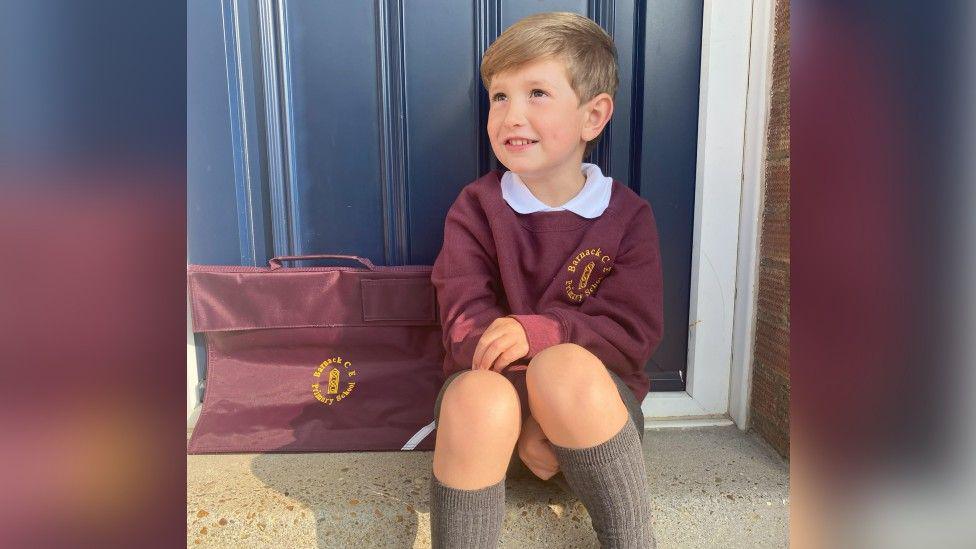Girl, 6, delivers petition after brother's death
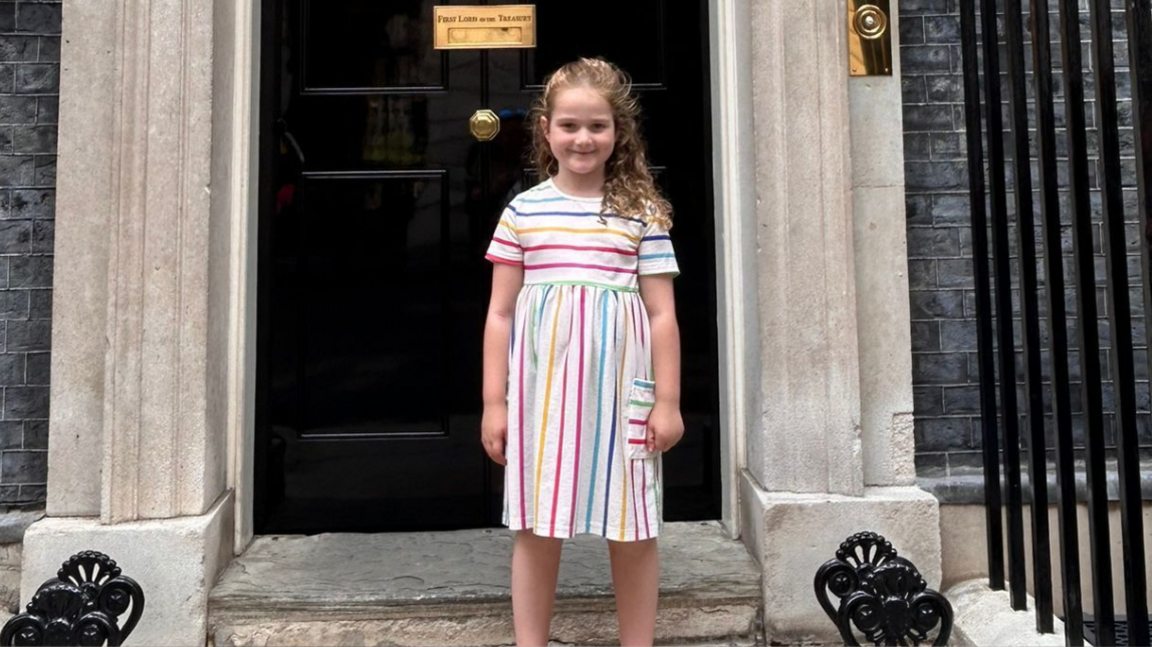
The petition was delivered by six-year-old Etta, whose brother Benedict Blythe died after an allergic reaction
- Published
The sister of a five-year-old boy who died after an allergic reaction at school was among a group of children who delivered a petition to Downing Street calling for new laws for schools.
The petition was handed in by six-year-old Etta, after an inquest found a school did not follow all the measures in place to prevent her five-year-old brother Benedict Blythe's death following an anaphylactic reaction to cow's milk.
Their mother, Helen Blythe, is calling for a Benedict's Law to ensure schools have allergy policies, hold spare adrenaline pens and provide staff training.
The Department for Education said it planned to bring forward proposals to support children with allergies in the autumn.

Benedict had airborne reactions to dairy products, also known as allergic asthma.
Benedict Blythe, from Stamford, Lincolnshire, had asthma and a number of allergies including eggs, nuts, kiwi fruit and milk.
He collapsed at Barnack Primary School in December 2021 and was pronounced dead at Peterborough City Hospital a short time later.
Jurors at the inquest into his death at Peterborough Town Hall concluded he had died after an accidental exposure to an allergen - cow's milk protein.
The jury found there were delays in administering an adrenalin pen by staff and opportunities to review "lessons learned" from a previous incident had been missed.
The inquest, at Peterborough Town Hall, also heard Benedict's allergy plan had not been shared and distributed to school staff, and they were late in identifying his symptoms and treatment.

Helen Blythe is calling for "proper legislation" to protect children with allergies at school
Helen Blythe set up the Benedict Blythe Foundation in his name and commissioned research into the school policy and guidance on allergies.
In a report, external, the foundation said a third of schools do not have an allergy policy and admit to not keeping track of "near misses", where a child has contact with an allergen.
The report, based on analysis of a 10% sample of English schools, said more than half provided no training in managing allergies in school.
As well as the petition with more than 13,500 signatures, Etta delivered letters to the prime minister from children across the UK who have allergies.
Ms Blythe said: "Etta and her friends have shown the courage and clarity that adults in power often lack. Their message is simple: no more preventable deaths. We need proper legislation that protects children with allergies in every school."
"They are fairly basic things that we're asking for, but they're not currently something that schools must provide for children with allergies," she said.
"This is so important. If these measures had been in place, it would have probably saved his [Benedict's] life", Ms Blythe added.
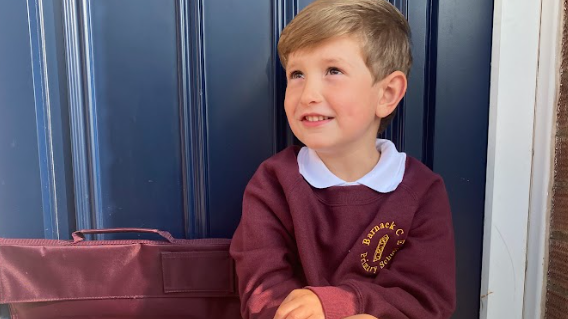
Ms Blythe said Benedict wanted to be a doctor when he grew up
In response to the petition, the Department for Education said: "We do not believe the School Allergy Safety Bill is necessary because in the autumn we plan to bring forward proposals for supporting pupils with medical conditions, including allergies.
"The measures to support children with allergies envisioned in the Schools (Allergy Safety) Bill could be achieved without requiring primary legislation. We will consider how we might take them forward as part of this consultation.
"The proposal for all schools to hold in-date Adrenaline Auto-Injectors would have important implications for the NHS. We will work with DHSC and NHS England to consider this further."
Listen to highlights from Lincolnshire on BBC Sounds, watch the latest episode of Look North or tell us about a story you think we should be covering here, external.
Download the BBC News app from the App Store, external for iPhone and iPad or Google Play, external for Android devices
Related topics
- Published9 July
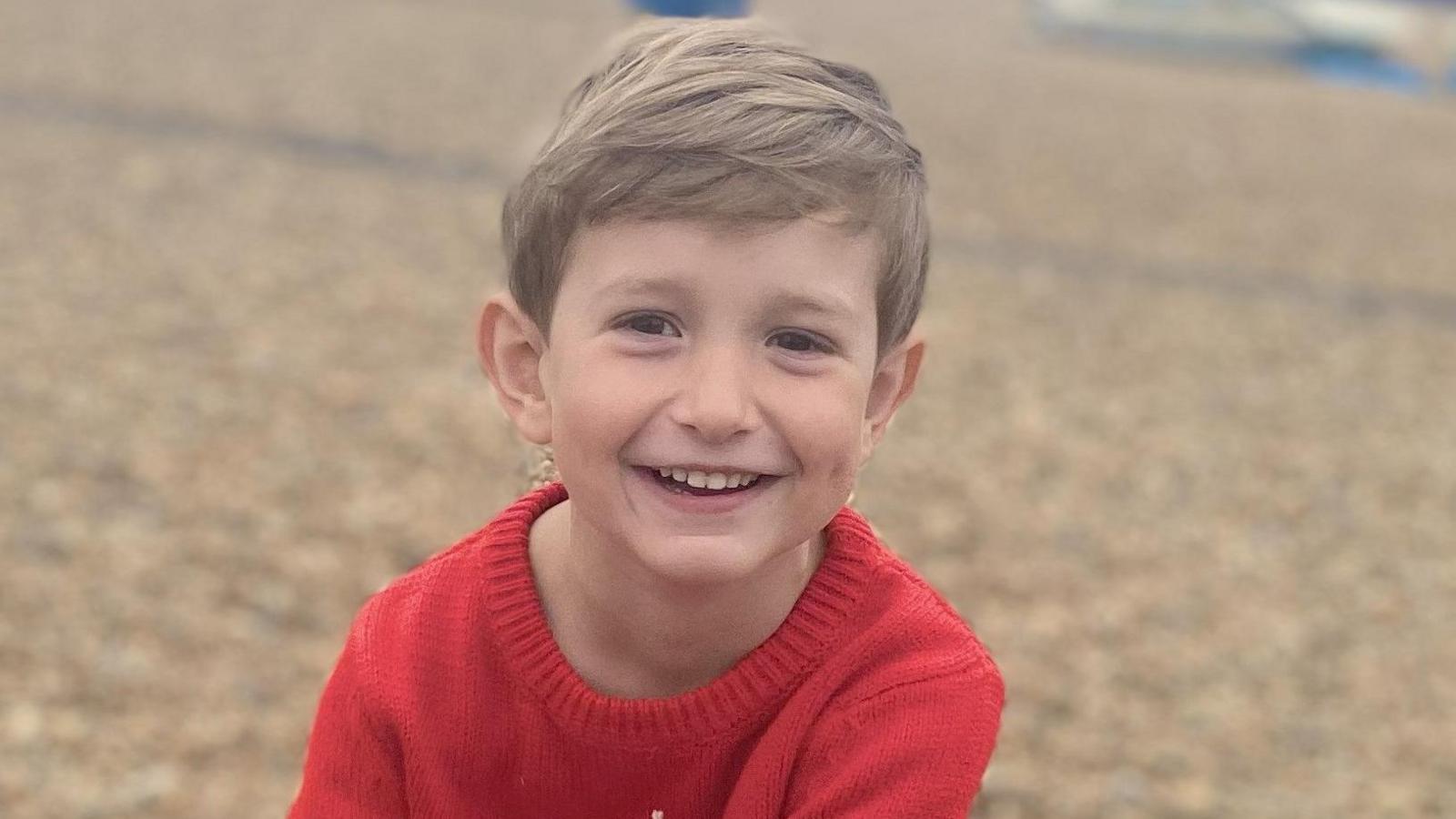
- Published10 July
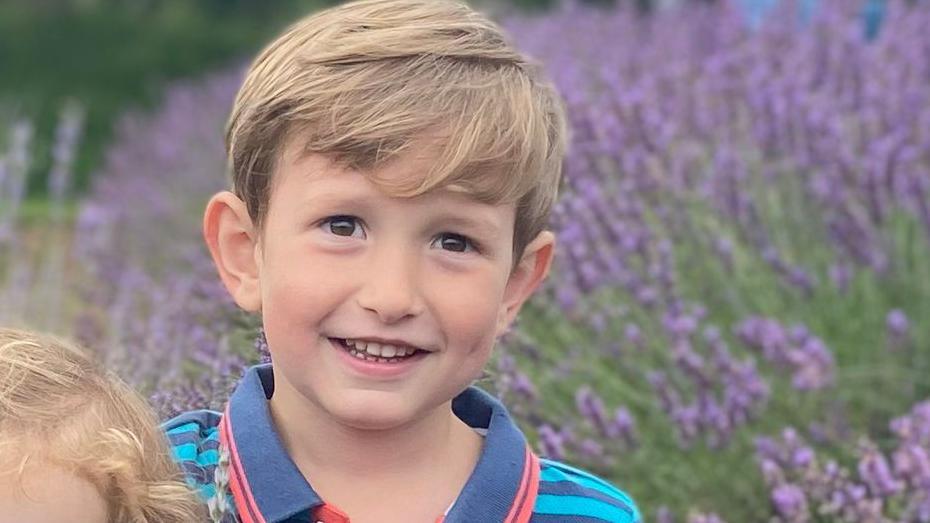
- Published1 July
